Social media was ablaze with debates, criticisms, and emotional reactions ranging from disappointment to outright outrage.
Now, four years later, the dust has mostly settled but the animosity toward the ending still lingers.
And honestly, it should not have been as big a deal as it was.
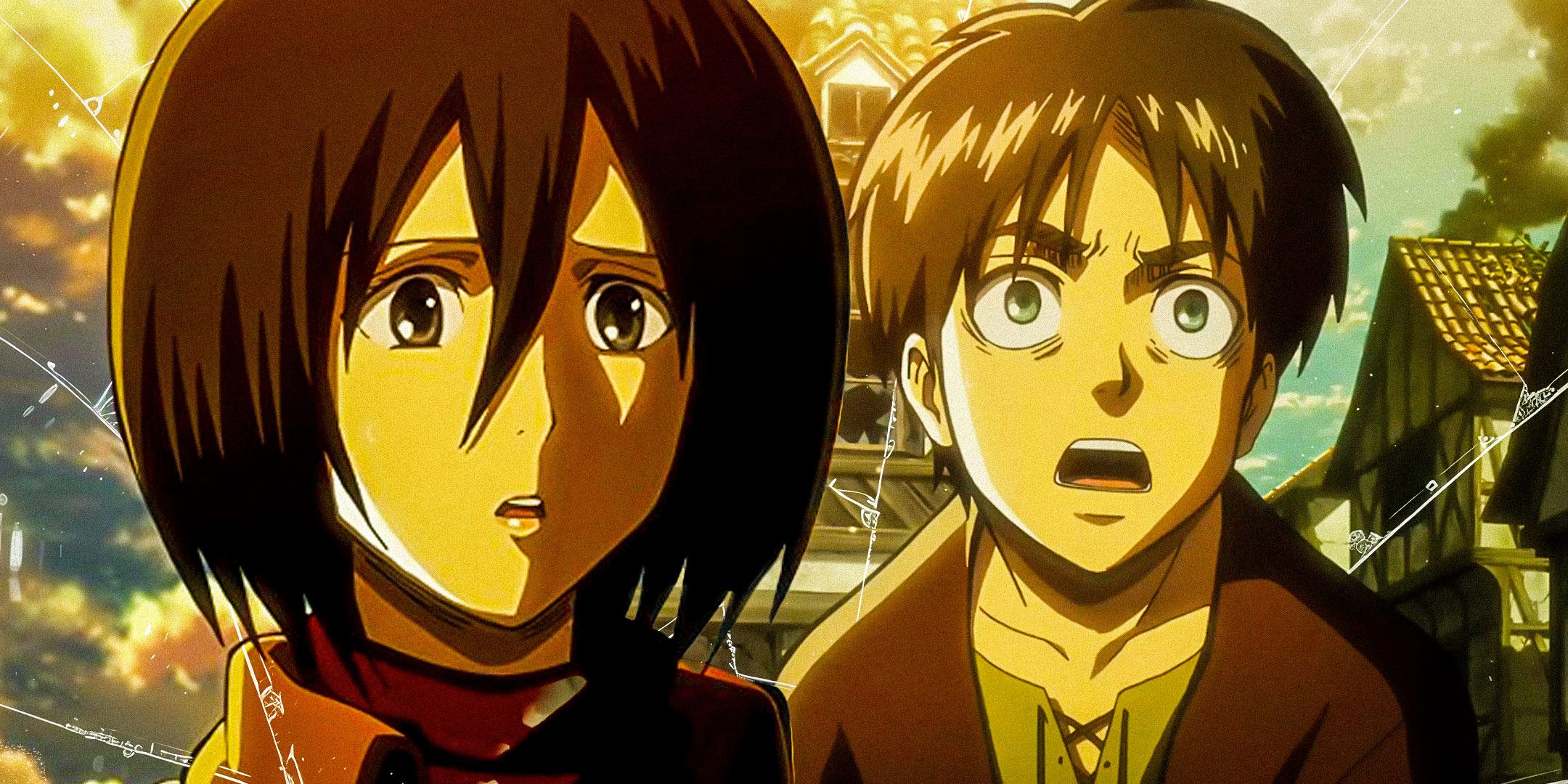
It was a story about trauma, cycles of violence, and the cost of freedom.
That discomfort is exactly the point.
The story dares to ask what happens when a child raised in fear and hatred is given god-like power.
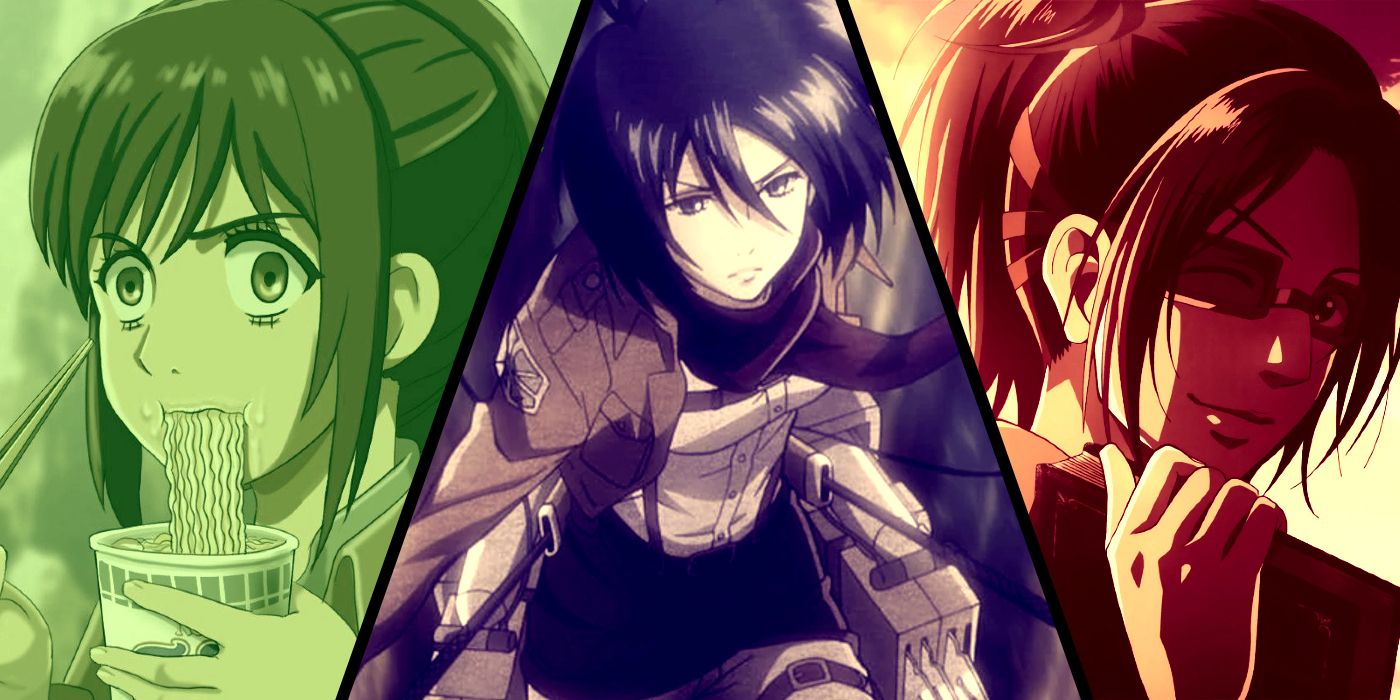
Many critics of the ending expected a more traditionally satisfying conclusion.
The ending acknowledged the tragedy of his transformation while showing that peace is not achieved through vengeance.
Real-world conflicts are not resolved with perfect answers, and neither are the ones inAttack on Titan.
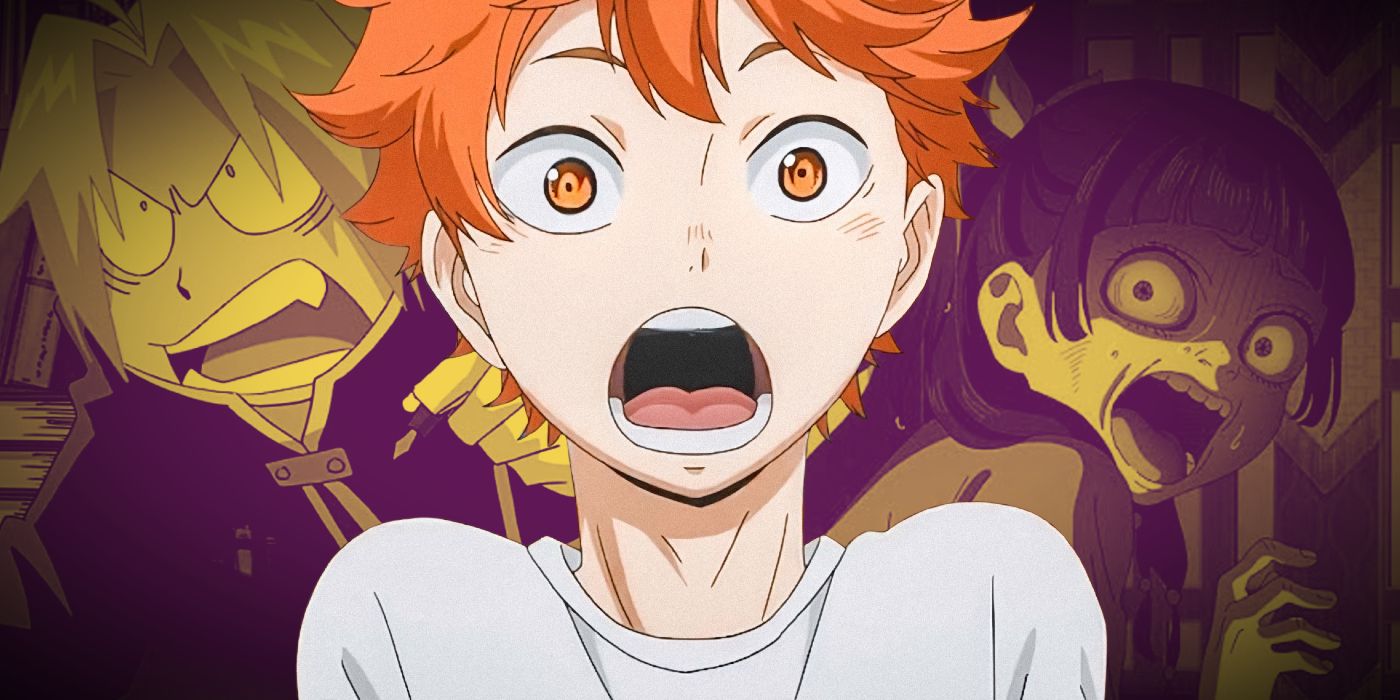
Eren, from the very beginning, screamed that he wanted freedom more than anything.
Ironically, in pursuing that ideal, he ends up becoming the very tyrant he once swore to fight.
This contradiction is not a plot hole, it is a reflection of the shows deeper philosophical questions.
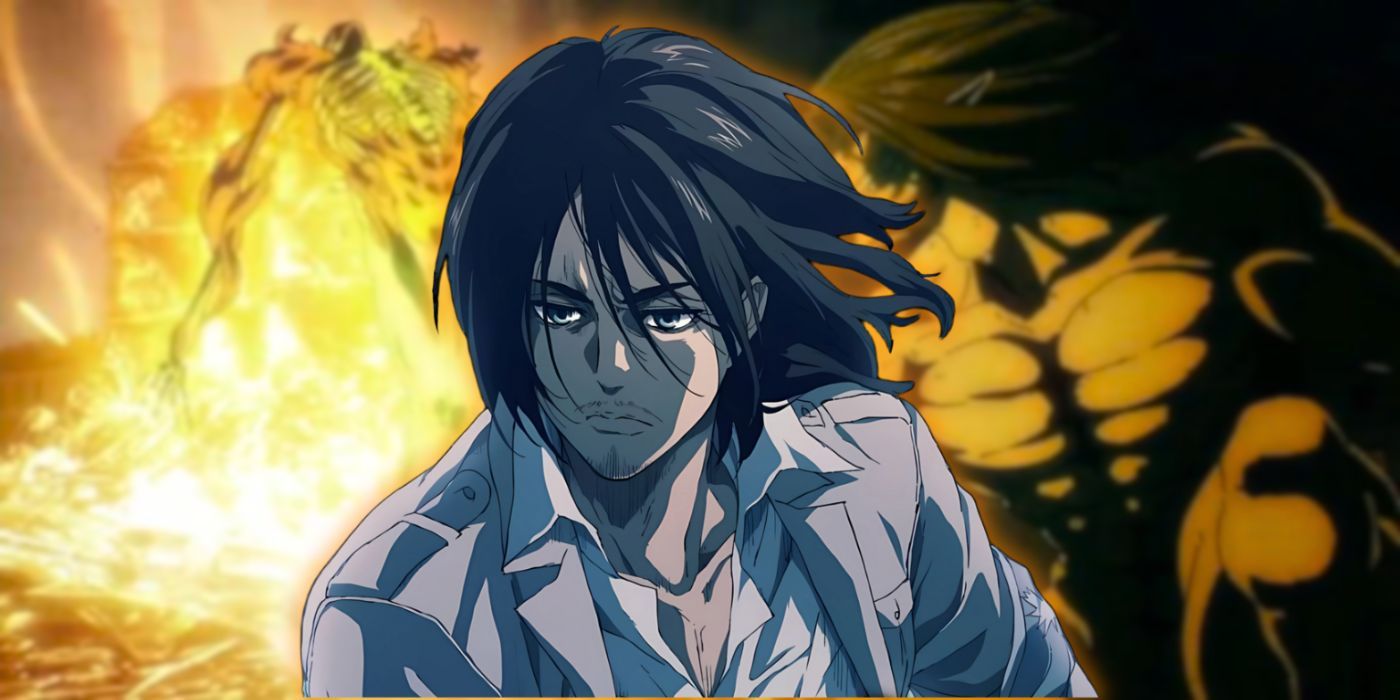
Custom Image By Isaac Rouse
Freedom, as portrayed in the series, is never simple or absolute.
It often comes at the cost of someone elses.
The endingofAttack on Titancleverly dismantles the idea that anyone in this story is truly “free.”
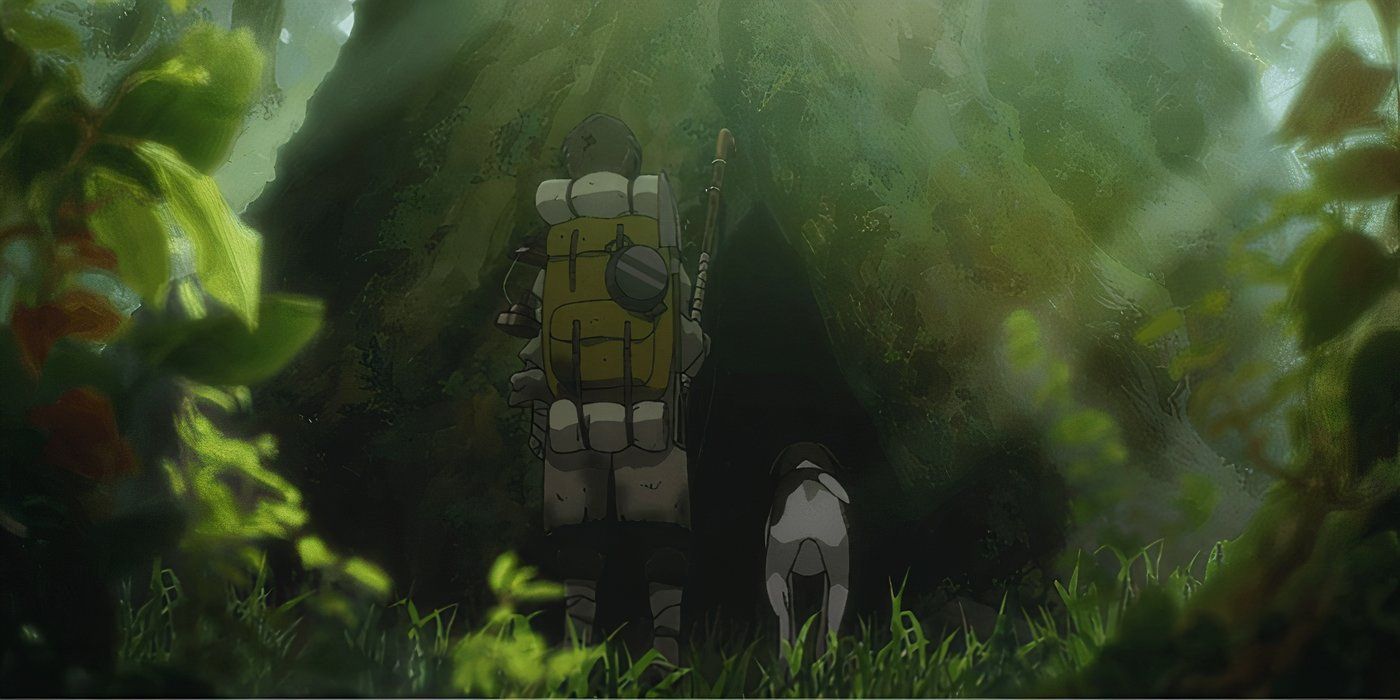
The endingofAttack on Titancleverly dismantles the idea that anyone in this story is truly “free.”
Eren sees the future and feels bound to fulfill it.
The Survey Corps members are forced to fight their own friend.
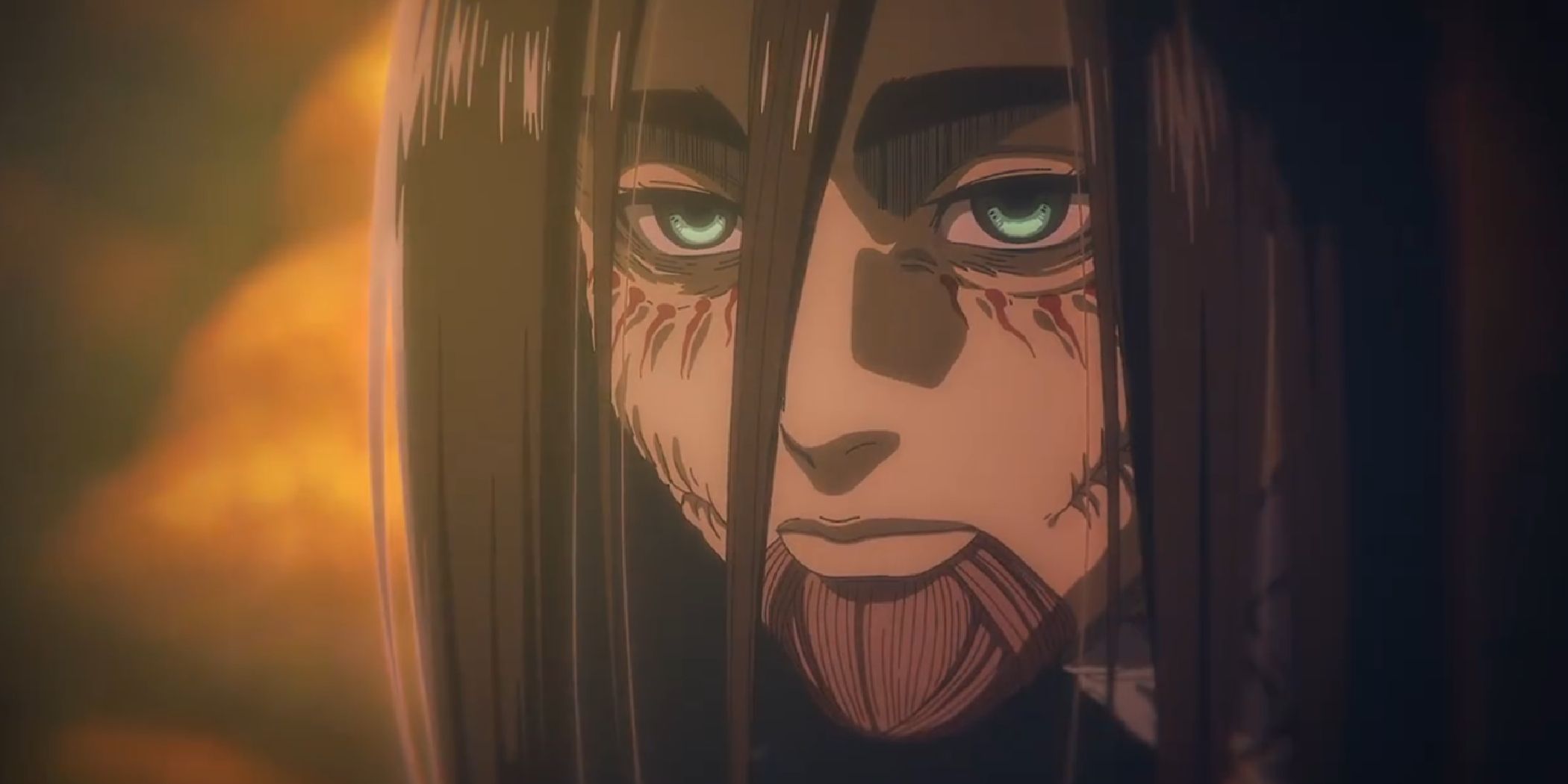
Even the supposed “victory” at the end comes with a terrifying uncertainty about what is next.
There is no final answer, just like in real history.
Some fans criticized the fact that the cycle of violence was not fully broken by the end.
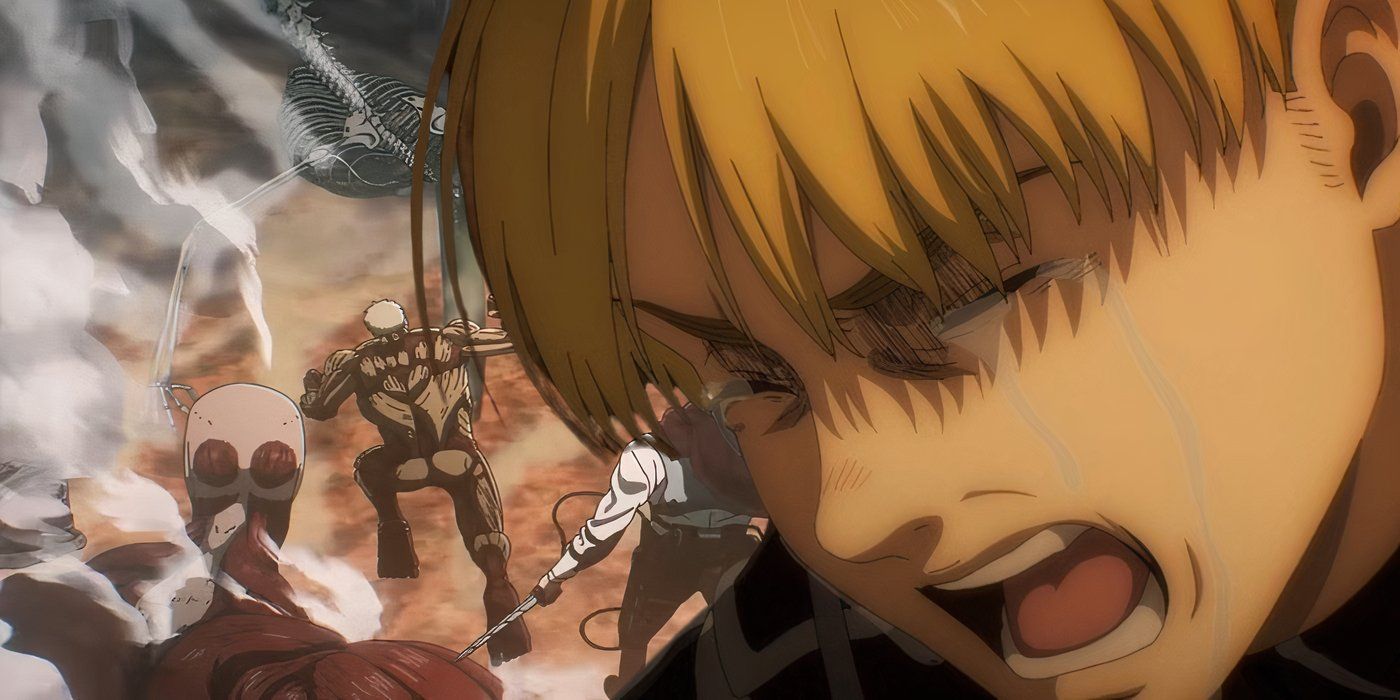
But again, that was never the point.
The final scenes,especially Erens farewell to Mikasa and Armin,are filled with heartbreak and sincerity.
Mikasas role in the ending is particularly moving.
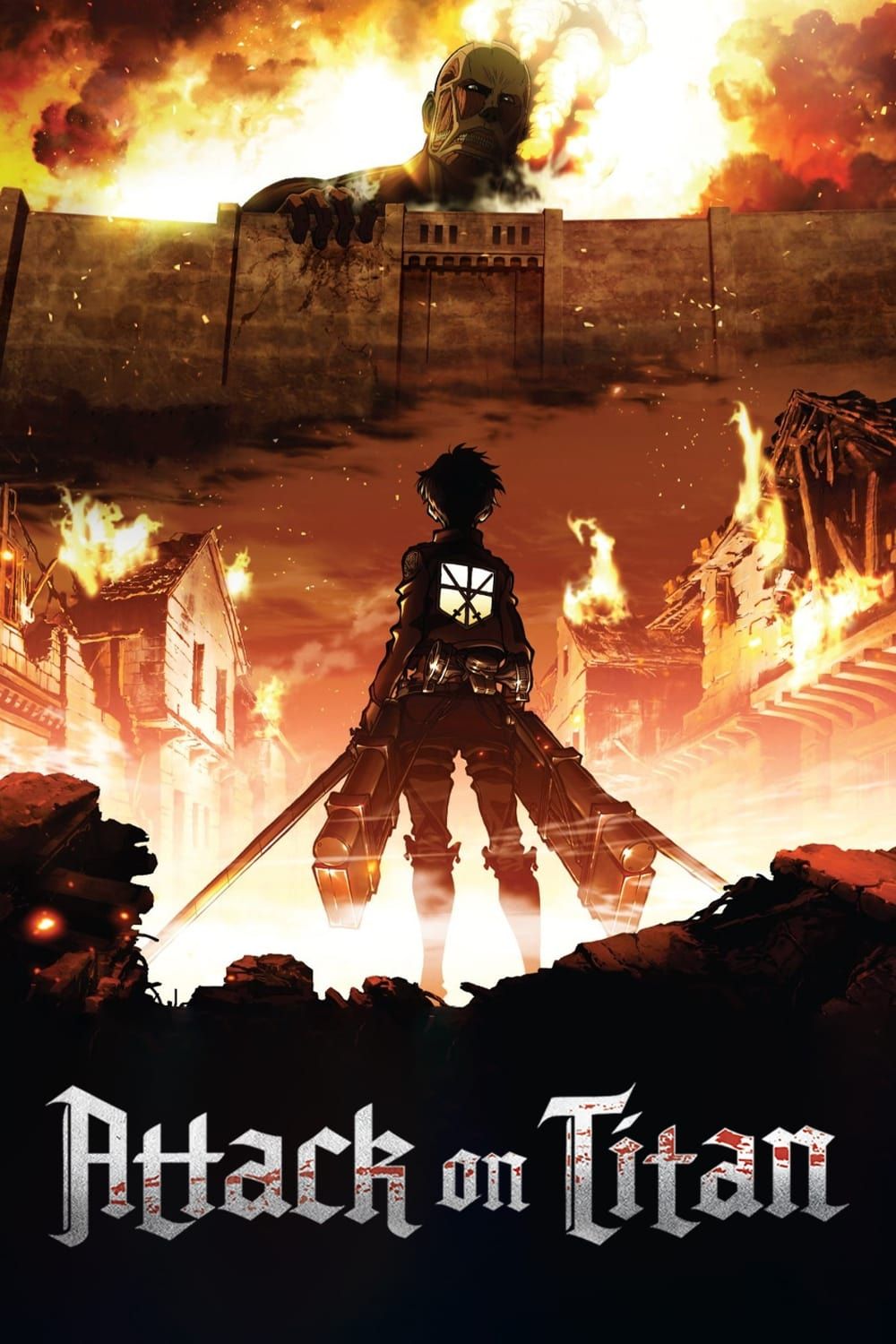
Her final goodbye to Eren is one of the most emotionally devastating scenes in the series.
It encapsulates their entire relationship, which was complicated, unspoken, and yet deeply bonded.
Even the surviving members of the cast receive meaningful closure.

Armin steps into a diplomatic role, using his intellect to try and rebuild the world.
Historias child represents a new generation, one untouched by Titans or war.
It is a reminder that healing is slow, uncertain, and often comes after unimaginable loss.

That is not a betrayal of the story, it is the natural evolution of it.
That is the nature of storytelling, especially when the narrative deals with such heavy themes and complex characters.
But thebacklash againstAttack on Titansending seems to be less about narrative flawsand more about expectations.

The divisive nature of the finale is a testament to how deeply people connected with the story.
If it had not mattered, there would not have been such passionate reactions.
But four years on, the ending truly did justice to the vision Isayama set out to create.
Summary
Attack on Titan is a globally successful manga and anime franchise created by Hajime Isayama.